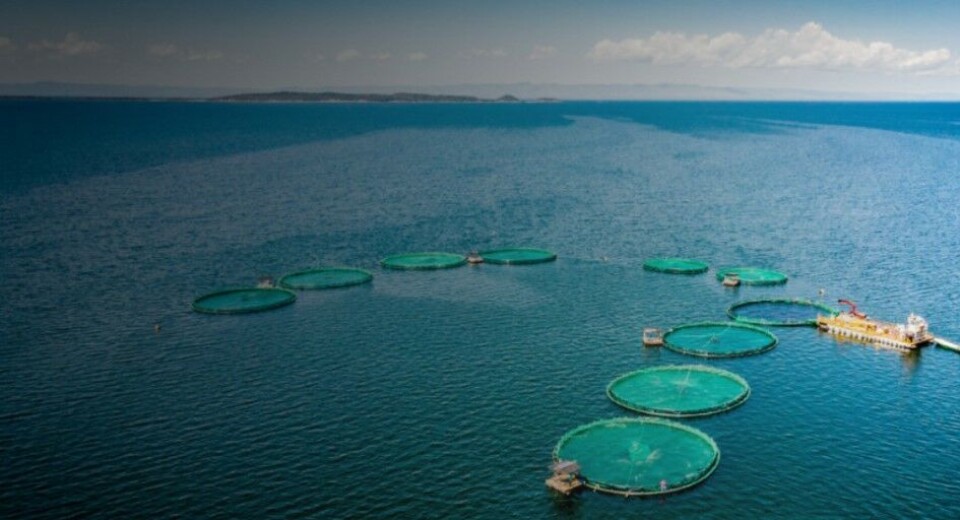
Africa’s fish farming promise in the spotlight
AFRAQ23 will look at achievements, opportunities, and challenges for the sector on the continent
The huge opportunities for aquaculture in Africa will be discussed at a conference in the Zambian capital, Lusaka, from November 13-16.
The continent’s vast inland waters and coastlines are largely untapped and have great potential to contribute to the nutrition and socio-economic development needs of the region.
Aquaculture Africa 2023 (AFRAQ23), organised by the African Chapter of the World Aquaculture Society (WAS-AC), is the second annual such conference following the inaugural event in Egypt last year and is expected to bring together more than 700 industry, academic, government, and development partner delegates from several countries in Africa and across the world.
As well as celebrating achievements in Africa’s aquaculture development, AFRAQ23 will also discuss solutions to some of the challenges impacting the sustainability of the sector.
Evolution of a sector
The first keynote address “The evolution and development of aquaculture in Zambia – from an industry perspective”, will be delivered by Fisho Patrick Mwale, chairman of the Aquaculture Development Association of Zambia (ADAZ) and co-founder of tilapia farmer Yalelo Ltd, which grows its fish in Lake Kariba and is currently the largest freshwater aquaculture venture in sub-Saharan Africa.
Africa is currently experiencing massive investment in aquaculture that has led to the growth of the industry on various water bodies, and disease situations being documented for the first time in various parts of the continent. The effective development and implementation of aquatic animal health programmes is paramount to the sustainability of the sector.
Dr Hang’ombe Bernard Mudenda, a fish disease professional from the School of Veterinary Medicine at University of Zambia, will deliver a keynote speech on the subject, with special emphasis on recent developments in Africa. Mudenda has over the years worked with the United Nations Food and Agriculture Organisation (FAO), the World Organisation for Animal Health, the African Union and other partner organisations on elements of building capacity on aquatic animal health and biosecurity in Africa.
The World Aquatic Veterinary Medical Association (WAVMA) and their associates in Africa will subsequently feature a number of technical sessions on aquatic animal health at AFRAQ23.
World Bank
On November 15, the FAO in collaboration with World Bank and Aquaculture Network for Africa (ANAF) will host a special “Africa day” session focusing on crucial topics for advancing the aquaculture sector on the continent, including relevant global and regional processes, technologies and innovations, investment, trade, and value chains as well as partnerships. Various speakers from FAO, partner organisations and projects actors in Africa will be present at this event.
One of the biggest sessions at AFRAQ23 is on aquaculture finance and investment. The African Union Development Agency (AUDA-NEPAD) led by Dr Bernice Mclean will once again team up with Netherlands-based sustainable aquaculture investor AquaSpark in hosting the session which will build upon momentum and lessons learnt out of the inaugural session held in Egypt.
The technical and scientific programme and diverse parallel sessions will be complemented by an international trade show, while farmers’ forums provide an opportunity for producers from around Zambia and Africa to share information on challenges, techniques and new developments. A field trip has been planned to some of the active aquaculture sites in Zambia at Siavonga/Lake Kariba and around Lusaka.
More information on the conference, which is being held in the Mulungushi International Convention Centre (MICC), can be found here and a list of sessions can be seen here.























































